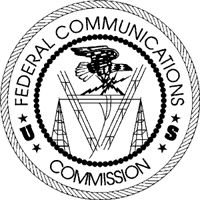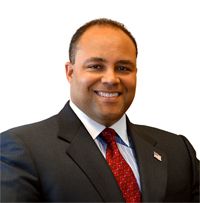Here's an increasingly common scenario: A "shock jock" goes on the radio every day and is generally obscene. He's raunchy, sexist, racist, or, in most cases, all of the above. And that's really the point; it's his thing. Then one day, he says something that really offends a lot of people -- more than usual. All of a sudden, he's in trouble -- he's broken the rules, and there will be consequences.
But whose rules have been broken? What are the consequences? And who decides where the line is?
Advertisement
In the United States, it is the Federal Communications Commission, or FCC. And its jurisdiction doesn't stop at radio, but also extends to television, the Internet and really any form of communication extended over air or wire.
The FCC's crackdown on indecency on radio and television has left a lot of people wondering about the FCC, what they do and how much control they really have over what we listen to and watch.
When pop superstar Janet Jackson exposed a breast during the 2004 Super Bowl halftime show, it kicked off a deluge of more than 200,000 complaints to the FCC from offended viewers. As a result, the NFL, CBS and MTV (who produced the halftime show) came under fire from the FCC. When Dale Earnhardt, Jr. used the s-word on the air during an interview after a NASCAR race in October 2004, the Parents Television Council filed a complaint with the FCC against every NBC station that was covering the race and aired the interview.
So what can the FCC do about it? In this article, we'll explain how the process works.
Advertisement

